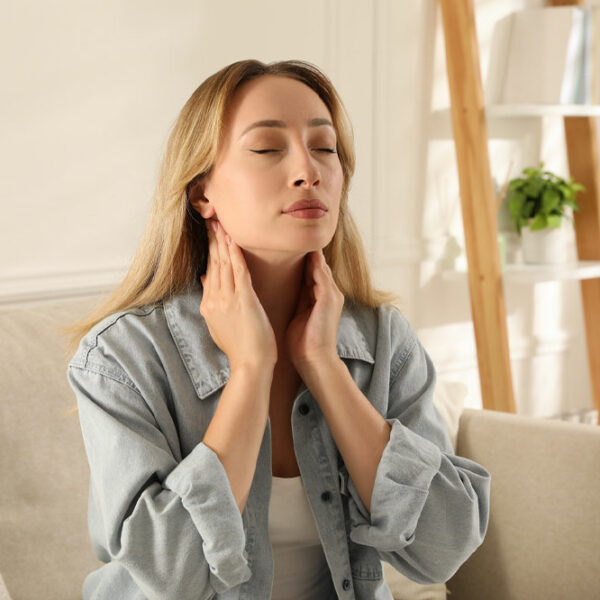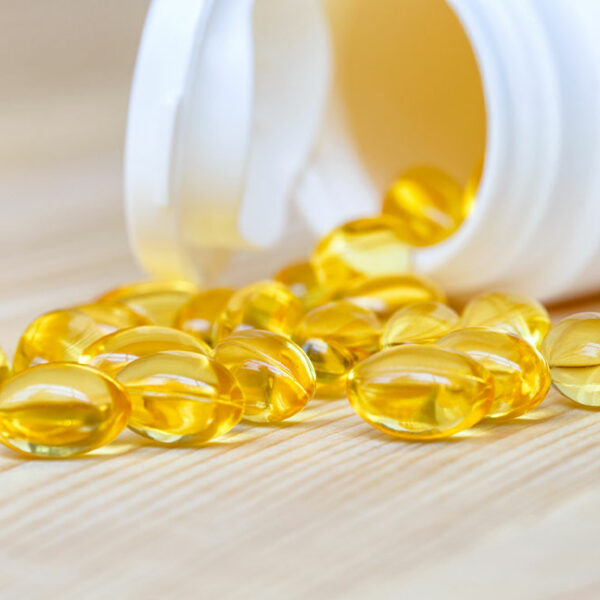
Key differences between assisted living and nursing home care
Many facilities provide assistance to senior citizens who may require daily care as they age. At-home care might not suffice, and people may not be equipped to provide full-time help to their loved ones. This is why people choose assisted living or nursing homes for older adults. However, these facilities can provide different kinds of services, and it is important to understand the key differences to choose the right option for you. What is long-term care? Long-term care can be described as services that help meet the non-medical and medical needs of those with a disability or chronic illness and those who cannot care for themselves. Through long-term care, people can get assistance to carry out daily activities like dressing, using the bathroom, feeding themselves, and more. This service can be provided in the person’s home, nursing homes, or assisted living communities. Although such services are used by senior citizens, this type of care is meant for people of all ages who fit the criteria. Here are two types of facilities that provide long-term care: Nursing home: This residential facility offers care to the disabled or the elderly. Nursing homes are also known as “old people’s homes” or rest homes.









